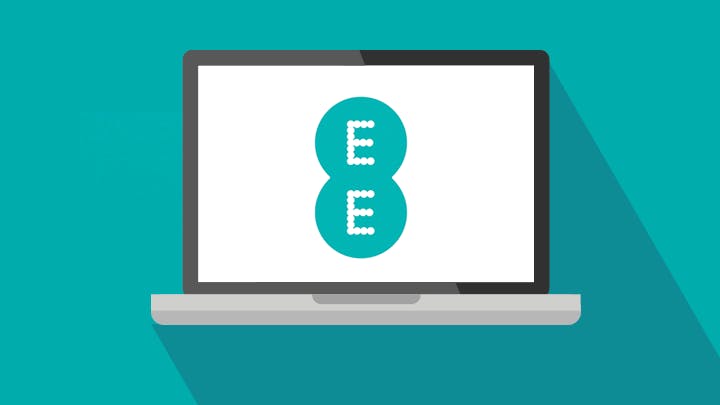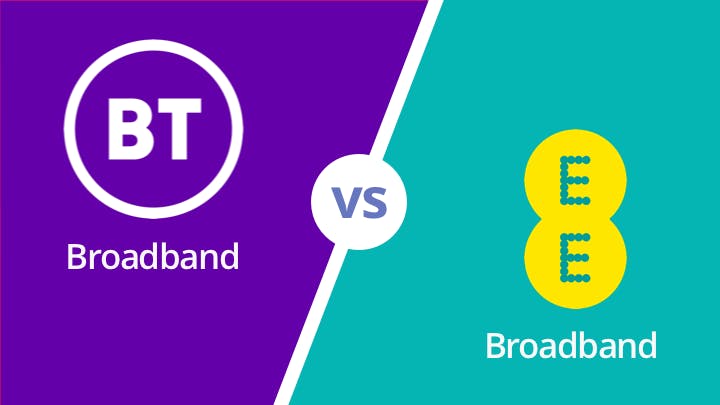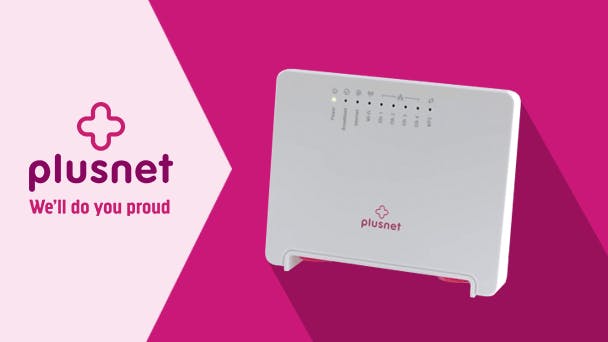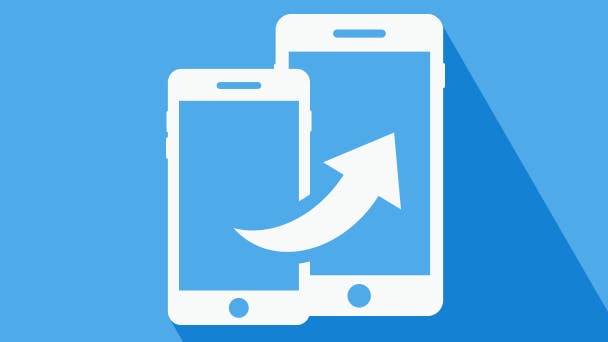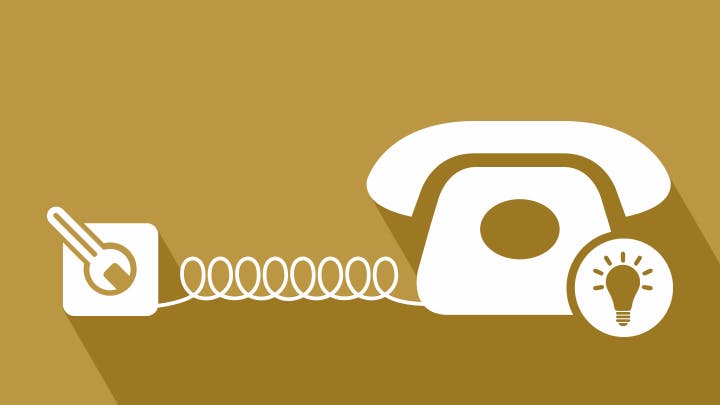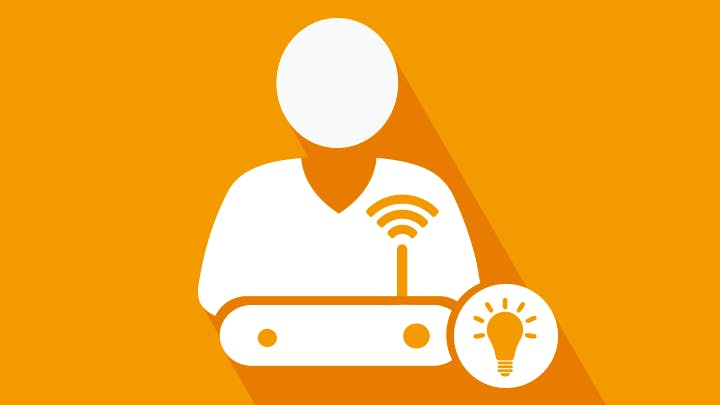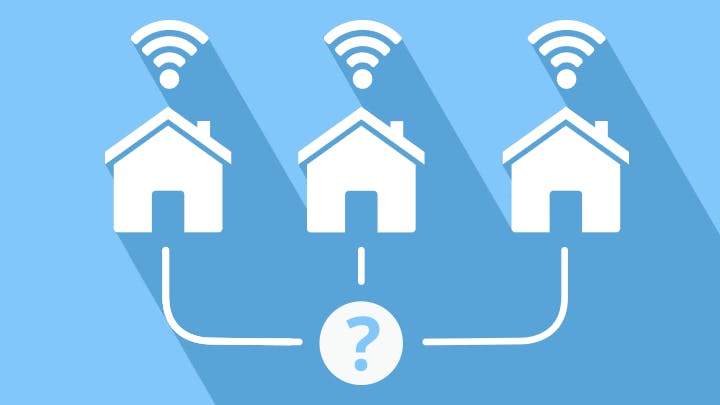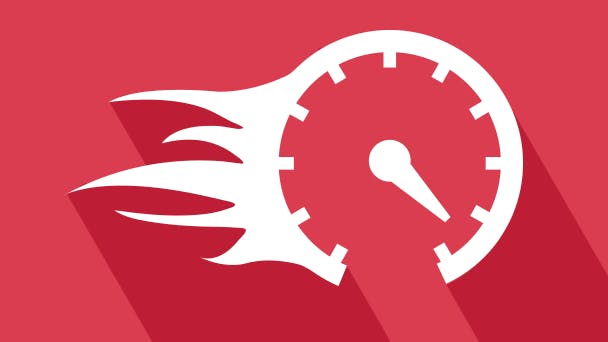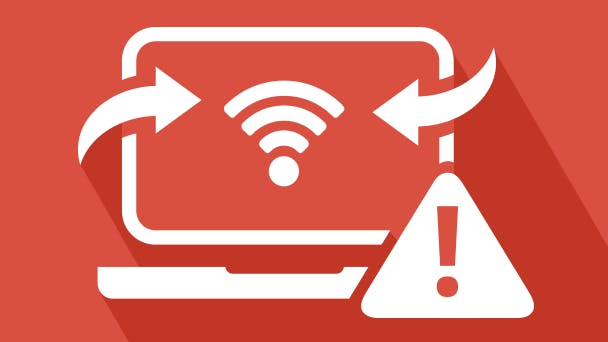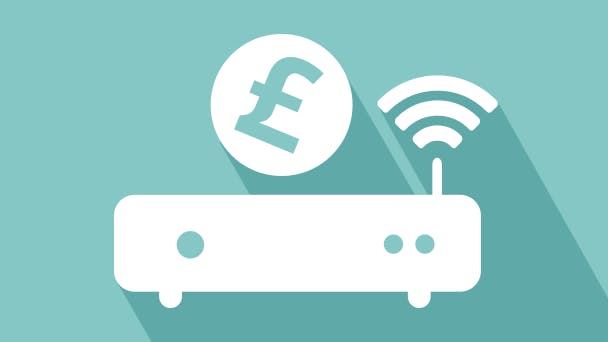
Several years ago, you could use the internet on a pay-as-you-go (PAYG) basis - paying by the megabyte for what you use. But these days, that’s been abandoned in favour of fixed broadband that comes with a ready-set usage limit or no limit at all.
For internet users who sporadically surf the web or those who shun the idea of being locked into a lengthy contract, pay-as-you-go (PAYG) broadband presents an enticing alternative. This article delves into the PAYG broadband landscape, outlining the available options that cater to the needs of the casual or temporary internet user.
Compare broadband deals in your area

Types of PAYG broadband
Gone are the days of traditional PAYG broadband, where costs were incurred by the megabyte. Today, consumers are looking at no-contract broadband services with a 30-day duration.
These services take upfront payment for a month's service. After the month is up, you're free to either renew or cancel, dodging any penalties that typically come with longer commitments.
However, it's worth noting that this flexibility may come at a higher monthly cost, not to mention potential upfront or installation fees.
For those in need of a temporary internet fix, several variations of 30-day broadband are available, such as:
- 30-day fixed-line broadband: This option is provided by regular broadband providers and offers the same reliability as longer contracts
- 30-day mobile broadband for home use: A flexible solution using mobile networks to provide home internet, perfect for places without standard broadband access
- 30-day mobile broadband for a single device: Tailored for those who need internet on the go for their laptop or tablet
No-contract, 30-day broadband
The allure of no-contract broadband is that it means no long-term commitments. 30-day plans can be activated, paused, or cancelled on a whim.
Although these packages may cost a bit more each month compared to their contract-bound counterparts, they offer a level of freedom that's hard to beat, especially as usage is truly unlimited.
Providers of 30-day broadband
Several providers have stepped up to offer 30-day rolling broadband packages. Virgin Media, for instance, caters to those who seek high-speed internet without the burden of a full-fledged contract. NOW Broadband extends the flexibility to all its packages, including fibre optic broadband with unlimited downloads and the option to add TV Memberships.
Some independent ultrafast providers also offer no-contract broadband on a 30-day basis. That’s a handy way to get high-speed broadband up to 1Gbps (1,000Mbps) without any commitment. Companies such as Hyperoptic operate nationwide, typically in select buildings, offering speeds from 50Mbps to 1Gbps. G.Network, on the other hand, is a London-centric provider, supplying the city with ultrafast broadband with average speeds ranging from 300Mbps to 900Mbps.
Cheap standard broadband
If the main reason you're looking at pay-as-you-go broadband is because you don't use the internet very much, you may be better off signing up to a basic cheap internet package. You'll find broadband offers like this from providers like Sky, TalkTalk, and others. Switching providers could be a worthwhile move to benefit from low-cost internet access.
Mobile broadband and dongles
For truly pay-as-you-go broadband, your only option in the UK is mobile broadband. This service utilizes the 4G and 5G networks and is available in various forms, including smartphone tethering, in which you turn your smartphone into a mobile hotspot and tether multiple devices to it.
Providers such as O2, Three, and Vodafone offer 30-day data bundles that resemble PAYG services, with most providing a set data allowance.
Mobile broadband home routers
An excellent alternative for those without fixed-line broadband, these routers tap into 4G or 5G networks to provide internet service to multiple devices. They are available on 30-day contracts but may incur high upfront costs.
Personal hotspots (MiFi)
These little hotspot devices are essentially portable routers that emit a Wi-Fi signal, perfect for use while traveling or as a temporary broadband solution at home. They are convenient, portable, and available on 30-day plans.
Dongles
Dongles are USB devices that grant internet access to a single laptop via 4G or 5G. They are an affordable option for on-the-go internet access, although limited to one device at a time.
Data-only SIMs
Data-only SIM cards deliver 4G/5G data for use in devices with SIM slots like tablets and some laptops. They represent the most affordable mobile broadband option on a no-contract basis, with no upfront cost and flexible data allowances.
Who needs PAYG mobile broadband?
PAYG mobile broadband is a godsend for frequent travellers, mobile workers, and individuals in need of temporary home broadband. It's the epitome of flexibility, steering clear of the long-term commitments that traditional contracts entail.
Cost comparison with standard broadband
While PAYG or no-contract broadband may not be the most cost-effective route for those seeking a low-cost broadband deal, it shines in terms of flexibility. However, for short-term needs, a 30-day no-contract deal could be more economical as it sidesteps the hefty cancellation fees that come with long-term agreements.
